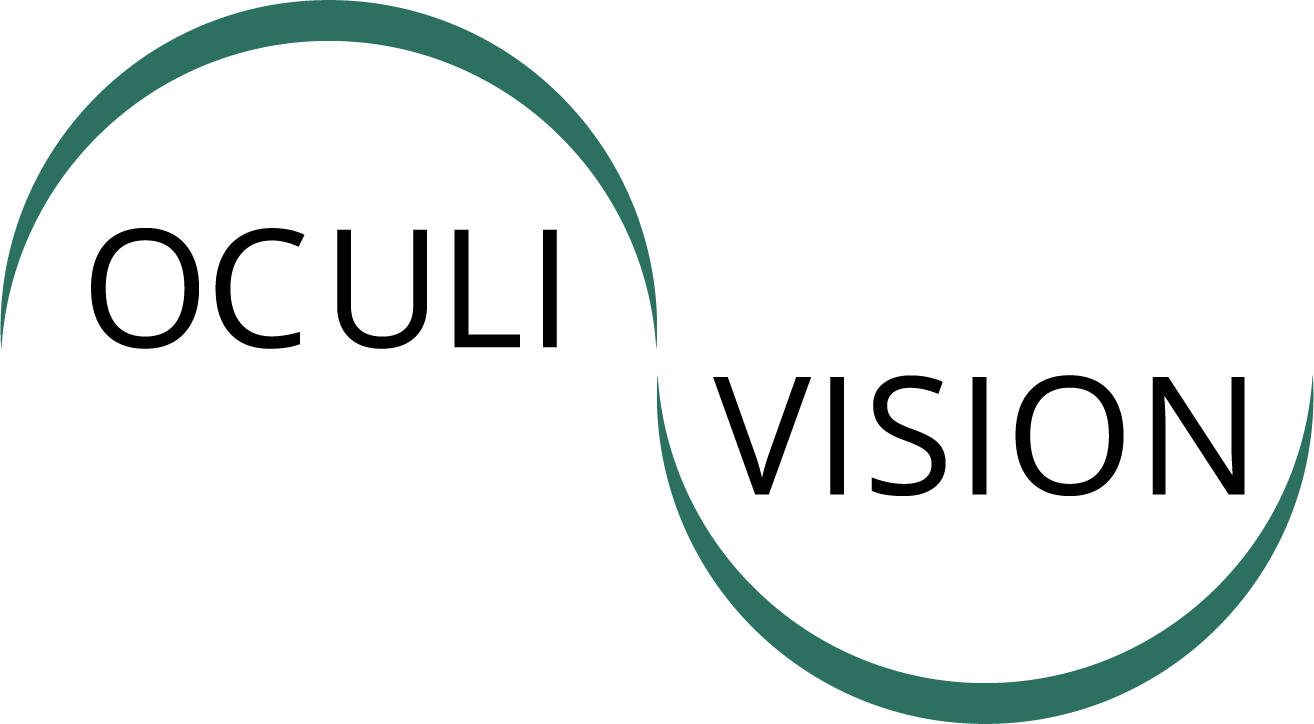The sun was the main source of light for most people throughout human history. Until the advent of lightbulbs, evenings were often spent in the dark or dimly lit by lamps and candlelight. Nowadays, we are surrounded by artificial lighting at all times in the form of LEDs, TV screens, and bright fluorescent bulbs. While this may be useful at home and in the office, too much lighting can also cause health problems. For instance, most digital displays emit a large amount of blue light, which is known to disrupt sleep cycles. Luckily, many tools such as blue light glasses are available to help offset the negative effects of excess artificial light.
What is Blue Light?
Different colors exhibit different characteristics. Blue light is a high-energy, high-frequency band of the visible spectrum responsible for the sky’s normal hue. A natural element of sunlight and most artificial lighting, research indicates as little as 30 minutes of blue light exposure can improve attention, memory, and reaction time. It does this, in part, by suppressing the production of melatonin, a hormone which works to regulate sleep.
Most LED and LCD displays operate primarily within the blue light band and can basically trick one’s brain into thinking it’s still daytime long after sundown. As the number of digital screens and one’s average amount of screen time increases, so does the risk of harmful overexposure. Fortunately, most devices offer a “night light” or “blue light filter” function which shifts their displays towards warmer colors, reducing the amount of light emitted.
Do Blue Light Glasses Work?
Wearable lenses which filter light are becoming popular. These glasses are made with coatings or materials that block a percentage of the visible spectrum coming from digital displays, and they come in many shapes and sizes with a wide range of price tags.
There is no evidence that blue light glasses help one’s eyes, though there is also none which suggests they are harmful to wear. While research is still ongoing, it’s noteworthy that excess screen time can cause eye strain, at the very least. Unfortunately, no evidence exists which supports the claim that blue light glasses actually alleviate this issue. This doesn’t stop advertisers from claiming the contrary, and one UK optician chain was recently fined nearly $35,000 for overstating the benefits of blue light glasses.
Take a moment to consider how your eyes interact with computer screens. Device users tend to squint more, blink less, and shift their focus constantly. This can quickly lead to eye strain, regardless of the amount of light present. The underlying cause of this issue is more complex than exposure to blue light. If you are experiencing digital eye strain symptoms, try following the 20/20/20 rule, as it’s likely to be far more effective than any pair of lenses.
Blue Light and Sleep
We all know how important quality sleep is for overall health and wellbeing. The effects of excess light on sleep cycles are well-documented, and while blue light glasses may not prevent eye strain, there is significant evidence that they can assist those with insomnia. This is encouraging because a lack of sleep is known to cause a variety of harmful long- and short-term outcomes.
In 2020, one study found that blue light glasses can even boost productivity. The experimental group’s work engagement, task performance, and organizational behavior were effectively improved over the placebo group. Night owls actually experienced a greater effect due to a misalignment between their assigned working hours and natural internal clock. Because blue light glasses are relatively cost-effective interventions, they present organizations with an avenue for a major return on investment.
The effects of excess screen time are coming into focus. As we learn more, different solutions will continue to present themselves. Take them with a grain of salt until conclusive research emerges on their effectiveness. Blue light glasses are often falsely marketed as cure-alls, though they’ve only been documented to aid with sleep disturbances. If you’re curious about blue light, eye strain, or how to protect your health, please don’t hesitate to reach out with questions or concerns.

